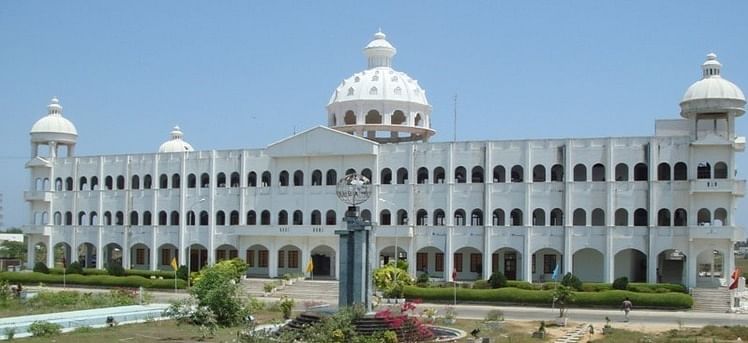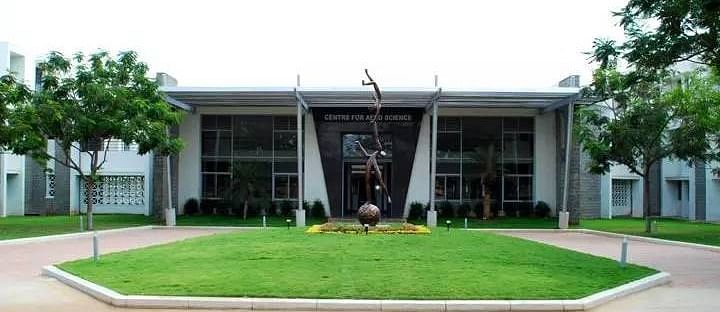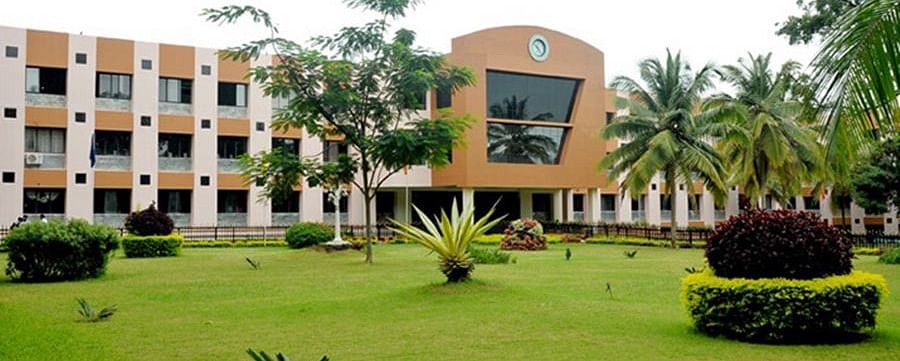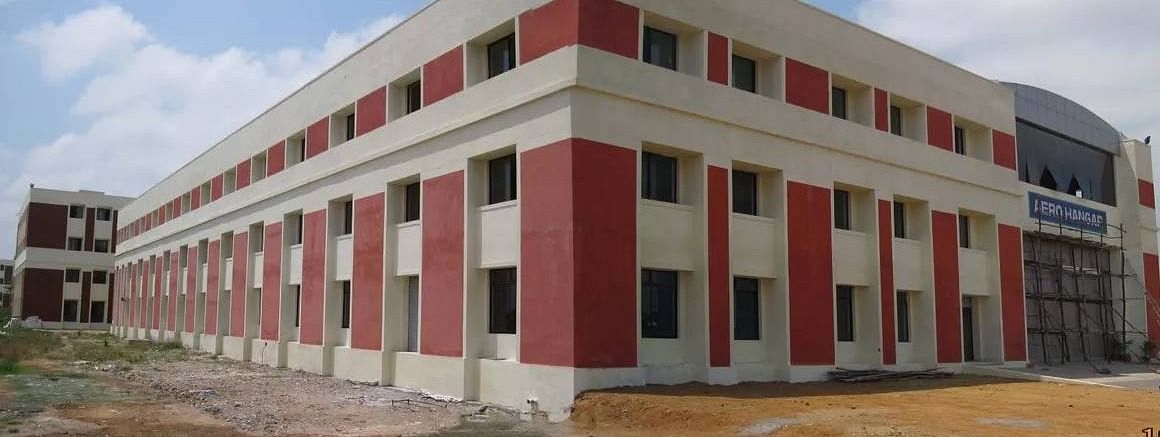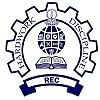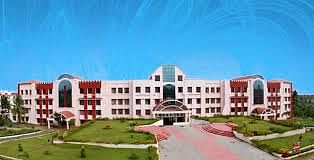BE Aeronautical Engineering Syllabus and Subjects

Bachelor of Engineering Aeronautical Engineering syllabus is a four-year undergraduate course in Aircraft and Technology behind it. BE Aeronautical Engineering is a comprehensive study of Aircraft, Technology, Software Designing. Subjects of this course vary greatly according to specialization and institute.
Semester Wise BE Aeronautical Engineering Syllabus
The syllabus for BE Aeronautical Engineering covers everything from Aircraft, Technology and Programming. The syllabus includes both theoretical and practical papers. BE Aeronautical Engineering course aims to ensure that the students get exposure to all the vital and key concepts of the study. Semester-wise BE Aeronautical Engineering subjects list is:
|
Semester I |
Semester II |
|
Mathematics I |
Mathematics II |
|
Engineering Physics |
Engineering Physics II |
|
Chemistry |
Material Science |
|
Basics of Mechanics |
Solid Mechanics |
|
Aeronautics and Aviation |
Basics of Electronics Engineering |
|
Physics Lab |
Physics Labs |
|
English |
Thermodynamics |
|
-- |
Practical Lab - Electronics |
|
Semester III |
Semester IV |
|
Mathematics III |
Propulsion System |
|
Aircraft Structure I |
Aircraft Structure II |
|
Elements of Aeronautics |
Fundamentals of Gas Turbine Engines |
|
Aircraft Performance |
Turning Performance Study |
|
Body Design I |
Body Design II |
|
Fluid Dynamics in Aircraft |
Aerodynamics I |
|
Fluid Mechanics and Machinery Lab |
CAD Lab |
|
Design and Drafting Lab |
Aerodynamics Lab |
|
Semester V |
Semester VI |
|
Aerodynamics II |
Principles of Environmental Science and Engineering |
|
Aircraft Structure III |
Heat Transfer |
|
Aircraft Stability and Control |
Maintenance of Aircraft II |
|
Elective I |
Elective II |
|
Missile Propulsion |
Avionics |
|
Control of Aircraft |
Total Quality Management |
|
Maintenance of Aircraft I |
Avionics Lab |
|
Propulsion Lab I |
-- |
|
Semester VII |
Semester VIII |
|
Safety of Aircraft |
Project and Viva-voce |
|
Control Engineering |
GPS Technologies |
|
Emergency Operations |
Air Traffic Control |
|
High-Temperature Materials |
Personnel Management |
|
Elective Subject III |
-- |
|
Minor Project |
-- |
|
Aircraft System Lab |
-- |
BE Aeronautical Engineering Subjects
BE Aeronautical Engineering offers both theoretical and practical knowledge of the study. Bachelor of Engineering Aeronautical Engineering subjects includes Aircraft, GPS Technologies, Engineering, Mechanics etc. This course includes both core and elective subjects. Some of the compulsory subjects are:
- Aircraft Stability and Control
- Fundamentals of Gas Turbine Engines
- Fluid Dynamics in Aircraft
- Principles of Environmental Science and Engineering
- High-Temperature Materials
- Air Traffic Control
BE Aeronautical Engineering Course Structure
The BE Aeronautical Engineering course structure has both core and elective subjects and is completed in the duration of four years with eight semesters. The course structure is made up of both classroom training and also lab practicals. The course structure is listed below:
- VIII semesters
- Core Subjects
- Elective Subjects
- Practicals
- Projects
BE Aeronautical Engineering Teaching Methodology and Techniques
The teaching curriculum of this course is very different. Along with classroom training, there are practical labs too and students who are passionate about the Aircraft and the technology behind it want to take up it as a profession in the future. The teaching Methodology of this course is given below:
- Practical Labs
- Projects
- Group discussion
- Classroom training
- Presentations
BE Aeronautical Engineering Projects
Projects are given to the students to make them understand the topics deeper and for self-learning. Projects should be completed before the eighth semester. Popular BE Aeronautical Engineering project topics list include:
- Sound Propagation Modelling for Manned and Unmanned Aircraft Noise Assessment and Mitigation: A Review
- Selected Research and Development Topics on Aerospace Communications at NASA Glenn Research Center
- Cyber Awareness Trends in Avionics
- Wave propagation in inhomogeneous layered media: solution of forwarding and inverse problems
- Advances in Integrated System Health Management for mission-essential and safety-critical aerospace applications
- Interactive aerospace engineering and design
BE Aeronautical Engineering Reference Books
BE Aeronautical Engineering books are available on both online and offline stores by different authors. Reference Books are meant to give in-depth knowledge of the students. Books for this course differ according to specializations. Some of the BE Aeronautical Engineering reference books are:
|
Name of the Books |
Authors |
|
Introduction to Flight |
John D. Anderson Jr. |
|
Control Systems Engineering |
Norman S. Nise |
|
Modern Control Systems |
Richard C. Dorf |
|
Numerical Methods for Conservation Laws |
Randall J. LeVeque |
|
Turbulent Flows |
Stephen B. Pope |


